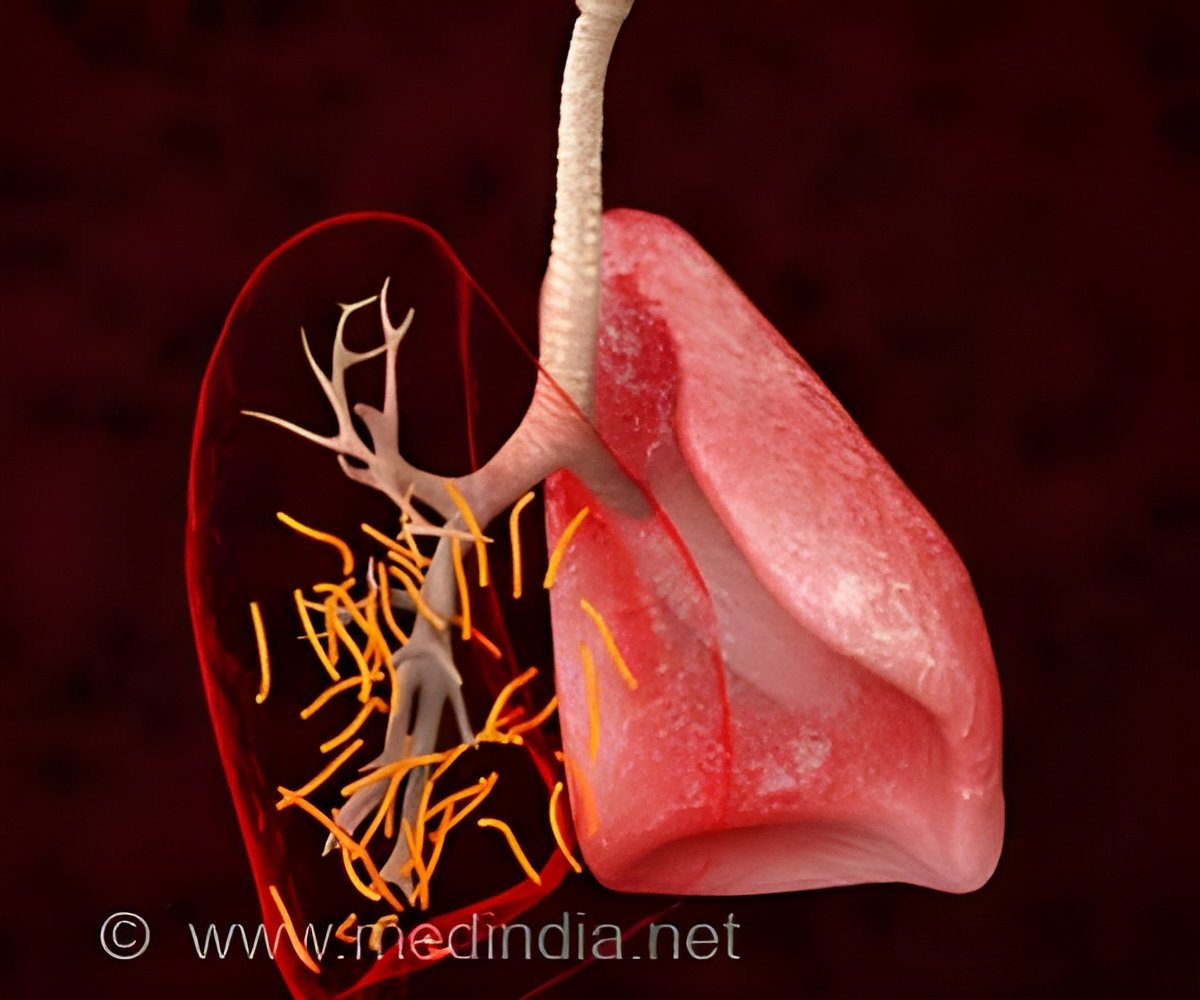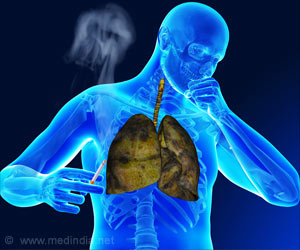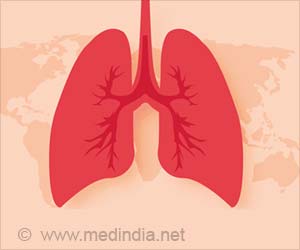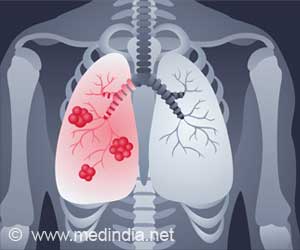
‘Ingestible sensor allowed patients to be independent but still supported during TB treatment. ’
Tweet it Now
The randomised controlled trial, conducted in California, was published today in PLOS Medicine ahead of the 50th Union World Conference on Lung Health be held in Hyderabad, India, October 30-November 2,2019 Today TB is the world´s largest infectious disease killer, despite it being preventable, treatable and curable. In 2017, 10 million people globally fell ill with TB and 1.6 million died from the disease. India has the highest TB burden in the world with 1 in 4 people affected by the disease residing in the country.
The trial demonstrates that Wirelessly Observed Therapy (WOT) was reported as highly accurate in recording medication ingestion (99.3 per cent) and persons with active TB using WOT were confirmed as taking 93 per cent of their daily prescribed doses as opposed to 63 per cent using DOT. All the patients using WOT completed treatment, were cured, and preferred it to DOT. The system allowed patients to manage their own medication taking, preserving patient privacy and autonomy, but also enabled highly targeted treatment support from practitioners with permission. Poor adherence to TB treatment has long been associated with continued transmission, increased unfavorable treatment outcomes including relapse, and the emergence of drug-resistant TB.
"We are not doing people affected by TB justice when we have robust genomic diagnostic tests and the emergence of new antibiotic drugs that can cure TB but cannot guarantee consistent, convenient and private treatment support for them. " said Sara Browne, Professor of Clinical Medicine in the Division of Infectious Diseases & Global Public Health at the University of California, who led the trial.
"If we are serious about eliminating TB then we have to get some fundamental things right such as increased support for patient care that efficiently helps patients complete all of their treatment," concluded Browne, who is also the founder of Specialists in Global Health (SIGH), a non-profit that provided funding for Bi-national participants in this trial.
Advertisement
The trial evaluated WOT in 77 participants with drug-susceptible TB in the continuation phase of treatment recruited from San Diego (SD) and Orange County (OC) Divisions of TB Control and Refugee Health, using ingestion sensor-enabled combination isoniazid 150 mg/rifampin 300 mg (IS-Rifamate) prescribed daily. In terms of accuracy, WOT was equivalent to DOT. WOT was superior to DOT in supporting confirmed daily adherence to TB medications during the continuation phase of TB treatment and was overwhelmingly preferred by participants.
Advertisement
"We have a limited number of drugs available for the drug-resistant strains of TB and better treatment support will be essential to help ensure that the integrity of those drugs is preserved in the long term," concluded Benson.
Dr. Mark Cotton, Distinguished Professor of Pediatrics and Child Health at Stellenbosch University and Tygerberg Children's Hospital in Cape Town South Africa, is an advocate of evaluating WOT in TB treatment.
"We must urgently evaluate the applicability of WOT in high prevalence countries such as India and South Africa where treatment adherence rates are often poor due to geographical barriers, stigma and poverty," said Cotton. "WOT could potentially be a lifesaver for millions."
Source-Eurekalert













